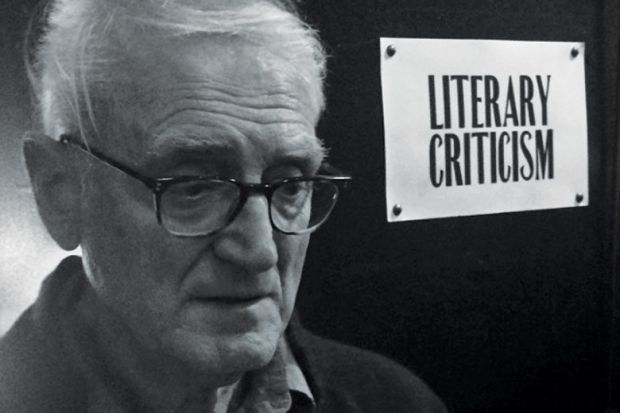What sort of books inspired you as a child?
There were very few books in my home – except for ASE (American Service Editions – left by my mother’s wartime lovers). I read, at an alarmingly young age, the ASE Moby-Dick. To be honest, I got more from the Classic Comic edition. Among its other improvements to working-class life, the post-war Labour government enhanced the public library system hugely. I never left England until I was 17. My foreign travel was the fiction of Rider Haggard. I daresay there will soon be a “Rider Haggard Must Go” protest outside the Bodleian. I find it hard to read him nowadays, in my politically corrected state of mind.
Your new book examines Orwell through the prism of smell. What first sparked your interest in him as a writer?
No question. Nineteen Eighty-Four, which – like millions – I experienced in Nigel Kneale’s “horror” adaptation, put out by BBC TV on Sunday evening, 12 December 1954. It starred Peter Cushing as Winston Smith. Cushing’s constipated, haunted look would be carried over into his portrayals of arch-agents of light versus darkness in the “Hammer Horror” films of the 1960s. There was a preliminary Auntie-ish warning that the programme was “unsuitable for children or those with weak nerves”. This had the predictable effect of gluing even the most susceptible viewer to the screen, their nerves pinging like overwound violin strings. I got the novel (Secker and Warburg, hardback, Colchester Public Library) a few weeks later.
Which of his lesser-known works would you particularly recommend?
The novel of his the author thought most highly of was Coming Up for Air. So do I. The novel is set in that period, just before the outbreak of the Second World War, when everyone knew it was coming. I was born that year – all my childhood, people talked about the blissful “last months” of peacetime. Coming Up for Air (as fish do) is a novel that conceives England as most livingly realised in the sport of freshwater angling. About the age of 10 and 11, I was mad about fishing. I imagined heaven as a gigantic River Stour (Constable’s country) where I would share eternity with shoals of perch, pike and dace.
What other books can you recommend for their acuteness to scent (and might benefit from a similar nose-based analysis)?
I would discommend Patrick Süskind’s Perfume, which is almost as bad as the film it inspired. Jonathan Franzen has, for my money, the best nose among current American novelists. And, unsurprisingly, Irvine Welsh among his British counterparts. My friend John Mullan, who’s writing a book about Dickens, tells me that there’s a rich trove of smellery in the Great Inimitable.
What is the last book you gave as a gift, and to whom?
I gave my wife a copy of Lu Spinney’s poignant mother’s tale, Beyond the High Blue Air.
What books do you have on your desk waiting to be read?
Frances Wilson’s well-reviewed Guilty Thing: A Life of Thomas De Quincey (fascinating man) and J. M. Coetzee’s baffling-looking The Schooldays of Jesus.
John Sutherland is emeritus Lord Northcliffe professor of English, University College London. His latest book is Orwell’s Nose: A Pathological Biography (Reaktion).
后记
Print headline: Shelf Life
请先注册再继续
为何要注册?
- 注册是免费的,而且十分便捷
- 注册成功后,您每月可免费阅读3篇文章
- 订阅我们的邮件
已经注册或者是已订阅?
